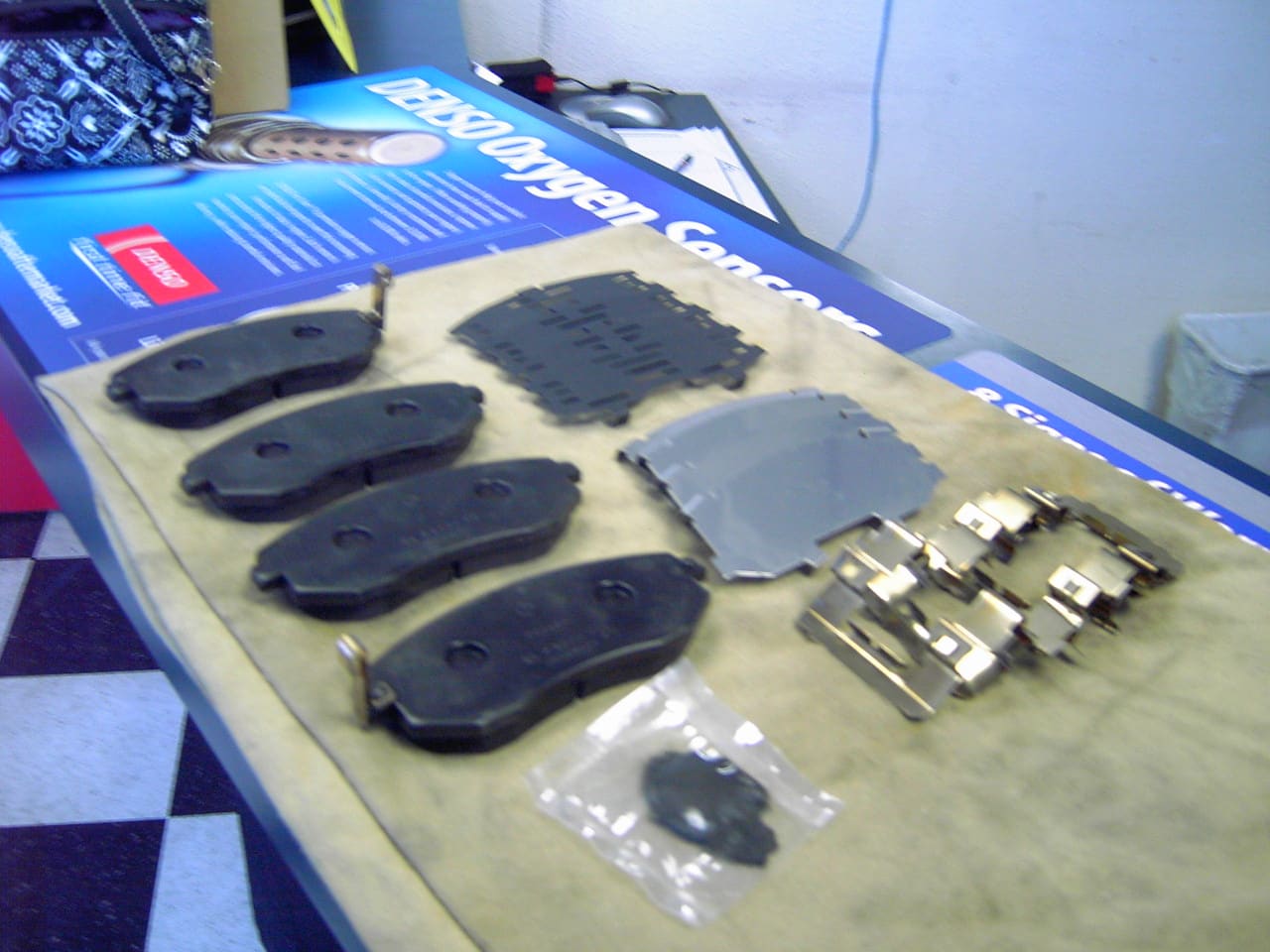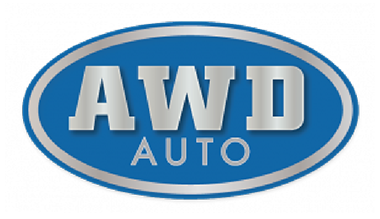Why Cheap and Brakes don’t belong in the same sentence.
When it comes to your and your passenger’s safety as well as drivers of other vehicles on the road, why would you evertrust your brakes to the lowest price and does a lower price really save you any money?
This is not to say that you should pay the highest price quoted but you should know what you are paying for. As I have mentioned in other articles not all repairs are created equal as there can be a significant difference in parts quality and the experience of the technician working on your car. When it comes to your brakes and your safety don’t you want the best and safest repair possible?
I am often amazed at how many times I have had to take off one year old brakes done at a tire store or franchised automotive repair chain, for various different reasons such as pulsation, vibration, noise or just a poor stopping experience.
Having started my career at a tire store that offered total car care as well I have seen first hand the problems that come up from cheap parts and cheap labor.
Your Subaru or just about any other Japanese import uses stainless steel brake caliper pistons helping prevent rust that will build up, as there can be a lot of moisture in your brakes hydraulic system. A lot of the calipers that are put on your car by the tire stores and large chains have sandblasted cores and use cast steel pistons which rust very quickly. It is as simple as leaving a cast iron pan and a stainless steel pan out in the rain and seeing which one rusts first.
The original calipers in your Subaru, Toyota, Honda, Nissan, etc. Should rarely ever need to be replaced, they just do not fail that often but yet we constantly see advertised brakes stating “we do brakes right” that includes replacing your calipers regardless if they are ever really faulty. This repair will be ok for a while but will never last as long as the original calipers would be capable of lasting. Worst yet is when not if the aftermarket calipers fail it will be very expensive to put true O.E. quality calipers back on the car.
On a Subaru the right way to replace the brakes in most cases is to replace the pads and hardware as supplied in the box of pads when you buy the parts from Subaru. Add to this the rotors should either be machined until true or replaced if questionable as a result of being close to the minimum thickness allowed, severely warped, delaminated or pitted and rusty.
The way to save money replacing brakes is to use O.E. quality parts and find an Expert like All-Wheel Drive Auto who will charge you less labor than the dealer but always insist on doing your brakes like his or her own family is in the car with.
Have a Summer trip planned with Your Subaru or Japanese import?
Mention you read our blog when scheduling in a brake inspection and save 10% off of your brakes on our already lower than the dealer prices.

This is what comes in the box when you buy the Subaru pads.

These are typical high end aftermarket pads that do not come with any hard ware and only one set of shims that are already attatched to the pads.

Would you please clarify the proper brake line bleeding sequence ? There is a lot of conflicting opinion available online. I personally have the ABS on a 2003 Outback. I assume some older models may not have ABS and the standard “start at the farthest wheel” still applies.
Thanks, your website is a great help.
Brad
Hi Brad,
There really isn’t a different bleed sequence for ABS versus non ABS. In terms of bled the air out of the system say if the calipers were replaced.
I would invest in a Subaru Service manual and stop looking on line at conflicting information. You can buy them from All data or the like.
Justin
Hi,
I have a 2001 forester with the following problem: there is pulsation through the brake pedal, but ONLY at around 60mph. At speeds blow 60 or substantially higher I cannot detect any pulsation. Could this be the rotors, or is there something else? Thanks.
Joe